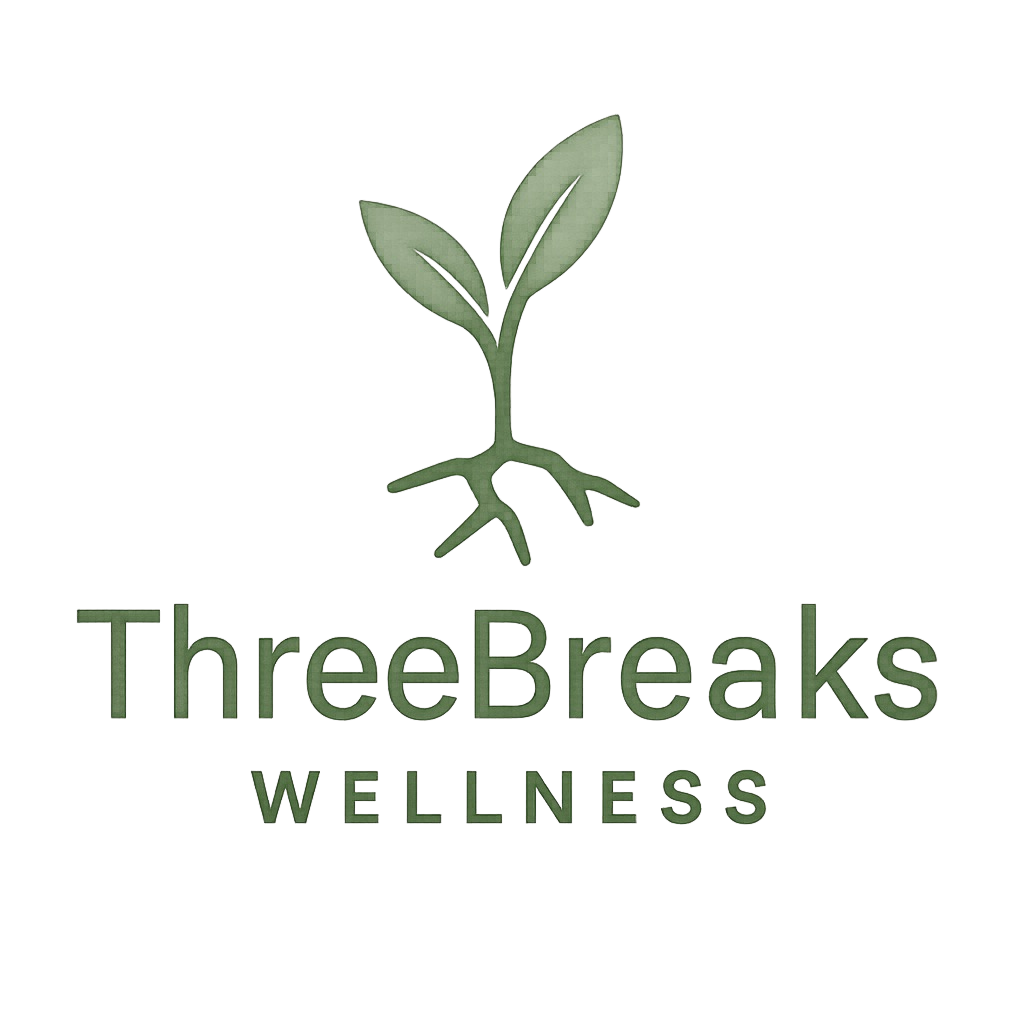A Gentle Thank You to Research Participants
(Thanksgiving Edition – A message of gratitude)
Participating in a clinical study is an act of courage, generosity, and contribution. Whether you joined to access new treatment options, support medical advancement, or help future patients you may never meet — your role is invaluable. You are a major part of discoveries that change lives, expand treatment options, and guide the future of medicine.
And because this article is being released around Thanksgiving, I want to pause and say something clearly:
Thank you.
Thank you for showing up.
Thank you for your time, your effort, your hope, your vulnerability, and your trust.
Thank you for choosing to participate when you could have said no.
Thank you for helping push healthcare forward for all of us.
But even though clinical research focuses deeply on safety, data, and outcomes — there are fewer conversations about your well-being, your emotional landscape, and the personal adjustments you make along the way.
Your schedule may shift. Your body may be monitored more than usual. Your daily routine might revolve around visits, procedures, or follow-up calls. Even in the best, smoothest studies, that can create physical, mental, and emotional strain.
This is a reminder that your health is more than your diagnosis, your lab values, or your next appointment.
This is also a reminder — especially today — that you deserve care, gratitude, and space to breathe.
Below are the three small but powerful breaks you can build into your day while participating in research:
1. A Break from the Mind
Clinical studies often require a lot of mental energy — tracking medications, remembering restrictions, planning around visit schedules, and trying so hard to “do everything right.” It’s brave work, even if it doesn’t always feel like it.
A mental break isn’t “doing nothing.”
It’s allowing your mind to rest from constantly managing, monitoring, and planning.
Examples:
Guided breathing for two minutes before a visit
Leaving your phone in another room for a short mental reset
Listening to calming music during wait periods instead of scrolling
Gently reminding yourself: “I’m allowed to rest, even while healing.”
…one more thing:
Take a moment to thank yourself for everything your mind has carried you through so far.
2. A Break for the Body
Your body may be moving through treatments, procedures, scans, blood draws, or physical side effects. Many participants push through discomfort without pausing — because they want to stay committed, cooperative, or “strong.”
But strength also includes listening to your body.
Examples:
Stretching your shoulders or legs during long wait times
Drinking water before and after blood draws
Taking a slow walk after a tough procedure
Giving yourself permission to rest without guilt or explanation
Even the smallest acts of physical care support your nervous system, your resilience, and your overall experience in the study.
And since this is a season of gratitude, remember:
Your body has shown up for you in every appointment. It deserves your thanks, too.
3. A Break Back to Self
Study participation can unintentionally shift your identity. You may feel like “a patient” more than a whole person. But you had a story long before this research.
This break is about reconnecting with the parts of you that exist far beyond your diagnosis or study details.
Examples:
Doing one thing a day that has nothing to do with the study (a show you love, a craft, a journal entry, a phone call, a prayer, a laugh)
Scheduling a “joy appointment” the same way you would a clinic visit
Affirming: “I am not just a participant. I am a whole person healing in many ways.”
I want to say thank you for that part of you as well — the part that keeps living, giving, and showing up for life in the middle of something challenging.
Why These Breaks Matter
Research shows that stress reduction, self-agency, and emotional grounding can improve quality of life and even support treatment tolerance. Taking breaks doesn’t mean stepping away from your study — it means protecting the parts of you the study doesn’t measure.
And during this time of year it means recognizing this truth:
Your participation is a gift — to science, to future patients, to families, and to communities.
You are not just helping advance medicine.
You are helping build a future where others may suffer less, live longer, or receive treatments that don’t exist yet.
And for that we give thanks.

